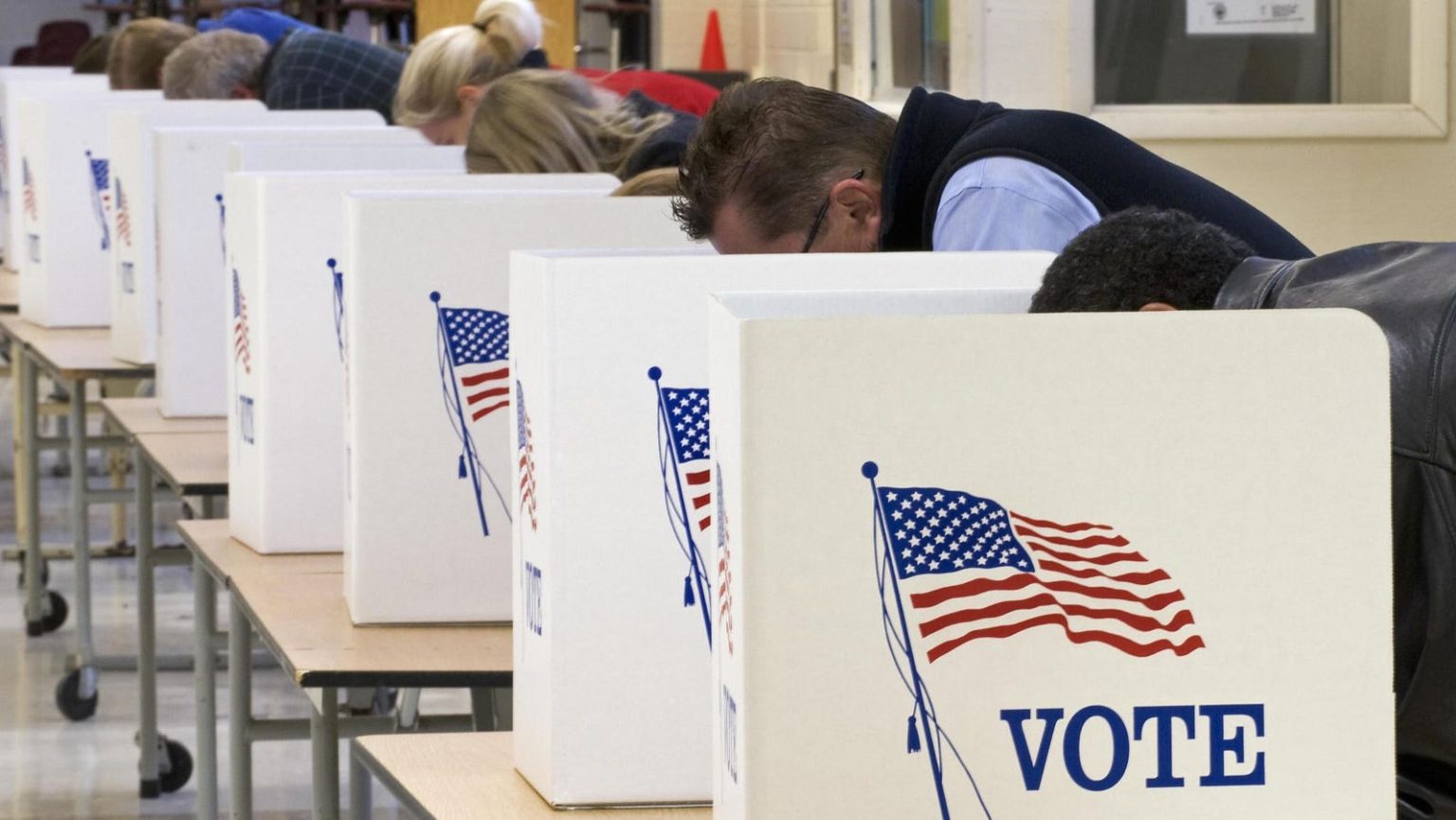In the United States, Election Day is less than two weeks away. No matter what happens, we need an administration and a Congress that support regenerative, resilient food and agriculture systems.
We need bipartisan cooperation—at all levels of government!—if we want to create real progress. Now, voting with our forks means voting with our votes for candidates we believe will prioritize a nourished future for people and the planet.
It’s not an exaggeration to say the future of the climate is at stake. After next month’s election and the inauguration in a few months, the winner of the following Presidential election will be inaugurated in January 2029.
“Which is only 11 months before that 2030 deadline,” says Bill McKibben, author, educator, activist, and the Founder of Third Act. “So, basically, this is the last election that counts in terms of whether we make things happen at the pace they must.”
Resources are available about candidates and issues on your ballot and to either locate your polling place or request an absentee ballot to vote by mail if it’s not too late in your state.
In the U.S., we can’t forget that Election Day is about more than just the President. Policymakers up and down the ballot are all critical toward building momentum for food system transformation.
As an example of the power of local and state-level legislation moving the needle in real ways, just look at simplified date labeling legislation: “By being the first in the nation to pass this kind of legislation, California sets a clear precedent for similar legislation at the federal level,” says Madeline Keating, Senior Advocate for Food Waste at the Natural Resources Defense Council (NRDC).
We have to be citizen eaters all the time, no matter who is in office!
“It’s time for us to start thinking about how to end hunger and poverty. How do we get it so that everyone has a right to healthy food, clean water, a place over their head and to be safe, to feel safe with one another?” says Karen Washington, farmer and Co-Owner of Rise and Root Farm.
The answer? We support farmers, farm workers, grocery clerks, servers and waiters, and everyone along the food supply chain. We become active in pushing food policy forward. We work to build a just system: A food system that makes sure everyone can access affordable, nourishing food—and delicious food.
Let’s make sure our policymakers understand that true food system transformation means deep community engagement—working collaboratively, across silos and perspectives, to empower workers and move toward greater food sovereignty.
“We need to be really connected to people on the ground,” Devita Davison, Executive Director of FoodLab Detroit, said just after the 2020 election. “Organize your people. And that goes along with the food system. We have to decentralize the way we think about voting—and all voting starts on the ground.”
In a recent New York Times column, bestselling author Mark Bittman asks a good question: Why aren’t we hearing more about food from national political figures like the two major-party Presidential candidates?
There is so much to talk about, he writes: “Moving toward more planet- and climate-friendly forms of agriculture and eating; better treatment of farm workers; fairness in land ownership; communities controlling the production and distribution of their food; and making more genuine, nutritious food available for all. These are among the most urgent issues facing the United States and the world. We should make the food system benefit eaters rather than fattening corporate coffers. Our health, economy and environment depend on it.”
Read the full article here





